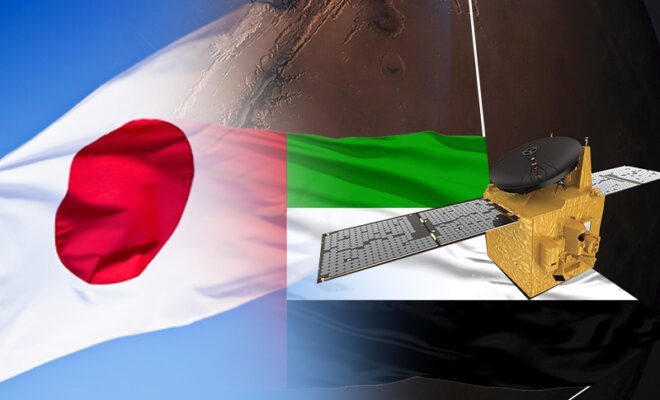Japanese Spacecraft Carrying UAE Rover Fails To Land On Moon

A Japanese spacecraft was carrying a UAE rover. The spacecraft crashed during its lunar landing. It was a joint venture mission of Japanese iSpace & UAE.
The Japanese company ispace’s attempt to land a spacecraft on the Moon, carrying a 22-pound lunar rover called Rashid for the United Arab Emirates (UAE) and a toy-like robot from Japan, was unsuccessful on Wednesday (26 April). After losing communication for over six hours, ispace confirmed that the lander’s suspected Moon crash was due to a “high probability” of impact.
There are only three countries – Russia, the US, and China, that have managed to land on the Moon till date. India’s Chandrayaan 1 & 2 were also successful in the moon’s orbit and made several discoveries including founding water on the moon.
If the mission would succeed, the ispace would have been the first private company to achieve the title. However, despite the failure, the company hasn’t lost hope and announced a second attempt.
Established in 2010, ispace has already raised $300 million to cover the first three missions, with the aim of generating income by offering one-way taxi service to the Moon for other businesses and organizations.
The Japanese spacecraft ‘Hakuto’ (white rabbit) had aimed to land in the Atlas crater located in the northeastern section of the Moon’s near side. The crater is over 87 km wide and 2 km deep.
The UAE is also trying to extend its reach in space like other countries, with an astronaut aboard the International Space Station and a spacecraft in orbit around Mars.
The country is now eyeing the Moon, with Rashid intended to perform various scientific experiments, including studying lunar soil and its magnetic fields.
iSpace has set its vision on improving its technology and experience for upcoming lunar missions, with two additional scheduled in 2024 and 2025.
The company is also planning to launch a lunar lander in 2024 to represent its reusable technology. After that a rover mission in 2025 will also be launched to study the South Pole region of the Moon, where there may be water ice.
Despite the setback, ispace remains optimistic and determined to continue its lunar mission. The company sees itself as playing a key role in expanding humanity’s reach in space, as private companies like ispace will likely become important partners for national space agencies in future missions.
Also Read:- UAE, Sudan Take Initiatives To Strengthen Bilateral Relations



